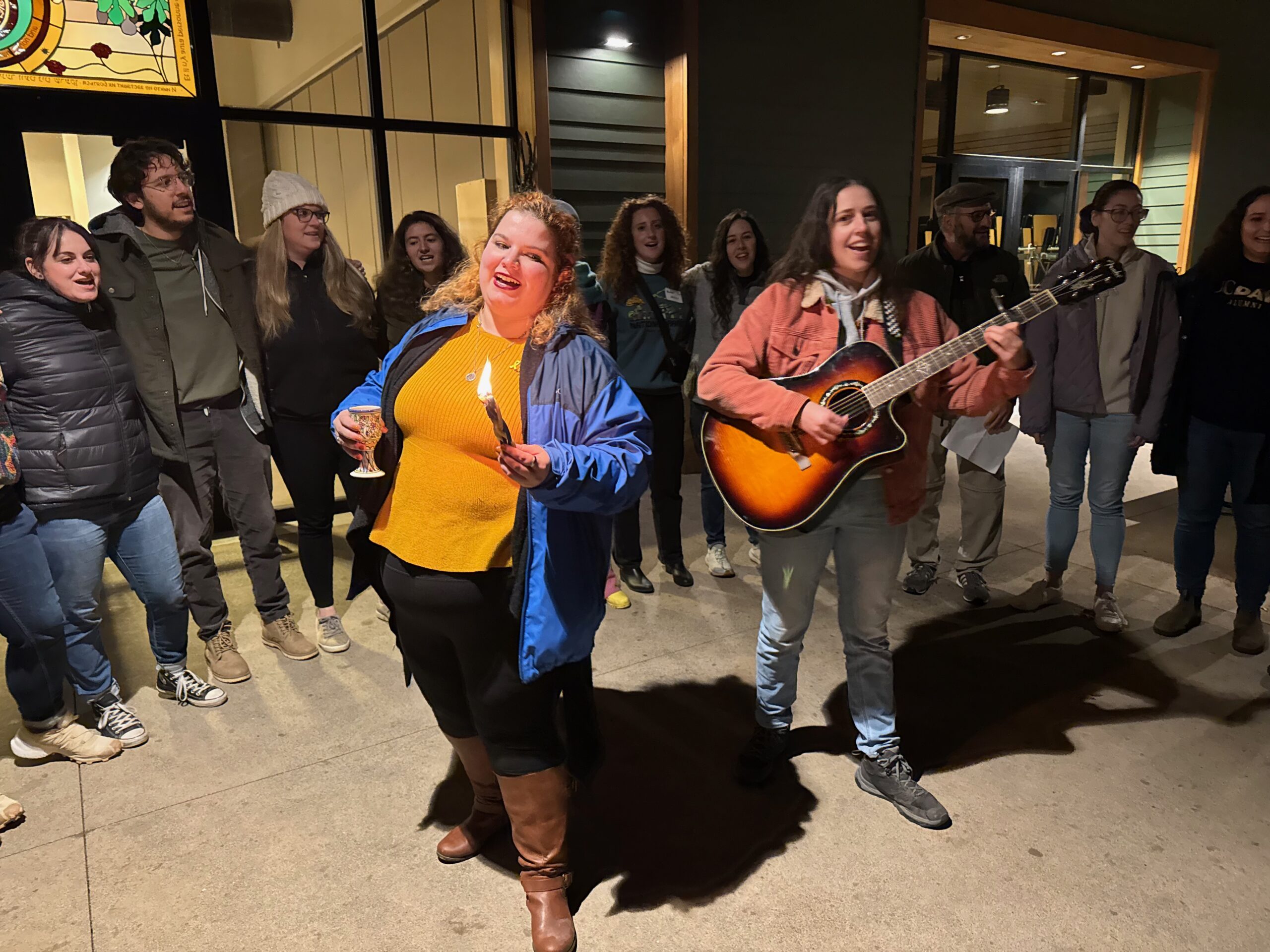By Alex Bolotovsky, CEO of J Leaders
Parsha in a Nutshell
This is a jam-packed Torah portion! Ready? Deep breath…In Vayera (Genesis 18:1–22:24), Abraham welcomes three strangers, receives news of Isaac’s birth, argues with God to save Sodom, witnesses destruction, navigates family tensions, and faces the Akeidah. It’s a chapter of emotional intensity and of Abraham stepping into uncomfortable leadership moments.
Diving Deeper
Challenging Power with Integrity
When Abraham learns that Sodom is about to be destroyed, he doesn’t freeze and he doesn’t back off. He steps forward and says:
“Will the Judge of all the earth not do justice?” (Gen. 18:25)
This is radical.
Abraham is literally confronting G-d about fairness.
He’s not rebellious, not disrespectful; but he advocates. He pushes for justice. He models something most leaders never do:
He doesn’t confuse loyalty with silence.
He speaks truth because he cares about the relationship.
This is the leadership muscle so many young leaders struggle to build:
You don’t need formal authority to stand up for what is right; but you do need courage and clarity in how you speak.
Leadership Takeaway
Courageous leadership means honoring relationships enough to risk tension, and naming what’s not OK, even when the power dynamic tilts away from you.
Silence is comfortable. But silence doesn’t build trust.
Weekly Leadership Challenge
- Identify one value: Pick one core value you want to be known for (ex: clarity, fairness, respect).
- Draft one line: Write one short sentence that reflects that value in conversation (ex: “Can we make that expectation more clear?”).
- Use it once: Find one moment this week to insert that line: in a meeting, text thread, or 1:1 (even in a low-stakes context).

